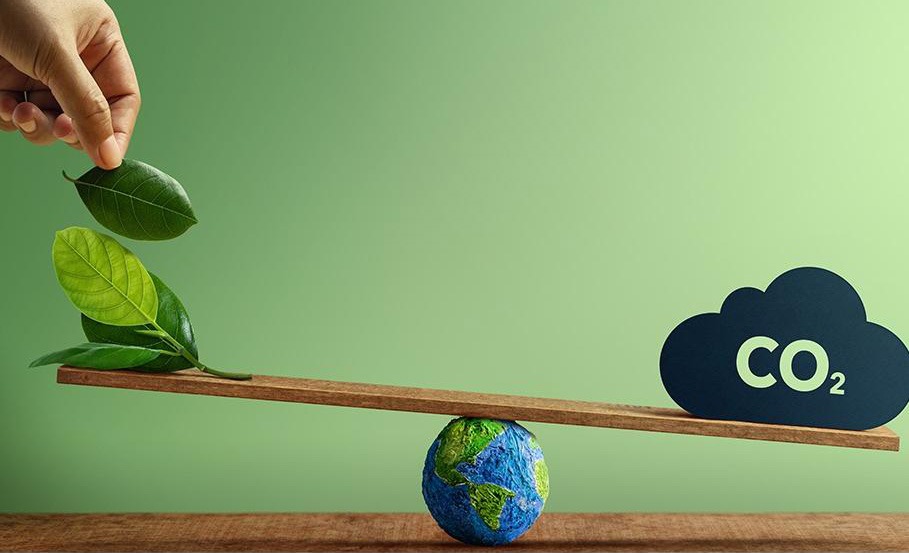Would you prefer to listen to it? Play the audio here
Pia Zevallos - Libélula General Manager
The climate crisis imposes a profound transformation of the global economy, with a worldwide commitment to achieve carbon neutrality by 2050, according to the Paris Agreement, and to set targets for 2030. In the case of Peru, it has a commitment to reduce its emissions by up to 40% by that date. This trend is accompanied by major challenges and growing regulatory requirements: countries such as Chile and Colombia have implemented since 2017 a carbon tax as a tool to accelerate decarbonization, which have subsequently migrated to domestic carbon markets.
Private sector companies have been maturing in their climate action, starting with the measurement of their carbon footprint, advancing to implement ambitious emission reduction measures and finally offsetting what they can no longer reduce at competitive prices. In this context, voluntary carbon markets are consolidating as a strategic tool for the private sector. to achieve the established objectivesemissions, maintaining the financial health of companies. Through them, companies can offset their emissions by purchasing carbon credits - certificates generated by projects that capture or reduce greenhouse gases - as part of their strategy.
There is a wide variety of sectors that can be covered by these projects, including renewable energy, forest conservation and nature-based solutions. According to Climate Focus' Voluntary Carbon Market 2024 Review, Peru is the third largest emitter of these types of credits, highlighting the potential and great opportunity to position ourselves as key providers of these solutions. Buying carbon credits of high environmental integrity promotes the formulation of this type of projects, which are transforming our economy towards sustainability and resilience.
In recent years there has been some controversy surrounding carbon credits, especially those linked to the forestry sector; however, the Integrity Council for the Voluntary Carbon Market (ICVCM) has been seeking to ensure that the credits generated in projects are of high integrity and quality, and generate related benefits that contribute to sustainable development.
Preparing to participate in the voluntary carbon market and offsetting emissions is not a complex task. A practical guide to getting started includes key steps such as measuring your carbon footprint, evaluating offset projects to ensure their environmental integrity and transformational effect, and forming strategic partnerships, thus integrating voluntary markets into your sustainability strategy.
Today, participating in voluntary carbon markets is becoming a competitive advantage. Including carbon credits in the business strategy allows attracting green investment, responding to sustainable supply chains and strengthening the reputation with consumers and investors. The focus for organizations should be on evaluating offset projects that generate real impact and co-benefits, integrating carbon credits into the financial and sustainability strategy.
Published in Gestión Newspaper




